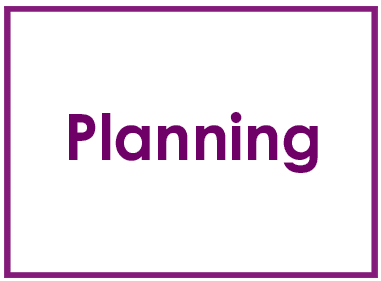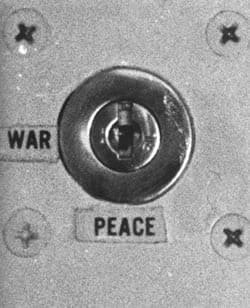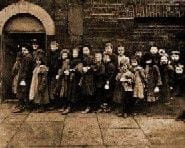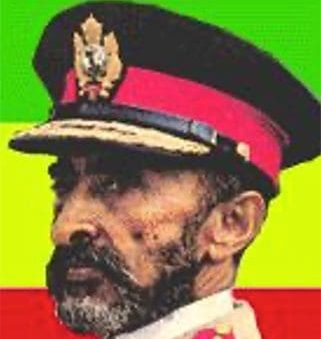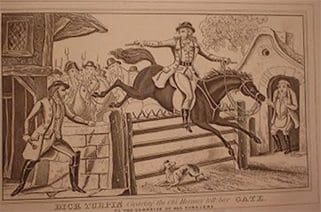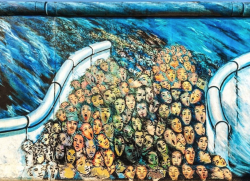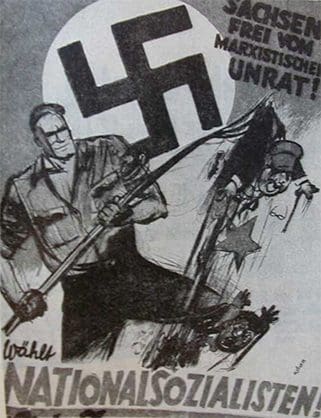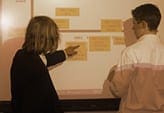
There is probably more material already on the web for GCSE history teaching at KS4 than for any other key stage. Much of it is written for students. This section of the site is for teachers. The long and growing list of lessons on most sections of most specifications has been created from actual lessons, in the hope that it will stimulate even better ideas in your department. These lessons were taught by teachers whom I have seen in action and with whom I have discussed the lesson. You will find no lessons that have not been carefully validated by a highly experienced expert – me.
What makes the lessons so special?
These lessons have all been judged as outstanding by myself, a vastly experienced OFSTED history inspector and LA adviser. They are, in a sense, de-luxe, in that they mostly involve a more original approach or richer resources than you would usually find. They have been selected not because they offer coverage but because they exemplify a particularly effective approach. You will find that the lessons have sharp objectives and imaginative, yet fit for purpose, learning activities.
How many lessons are currently on the site and how many will be added later?
For each of the major topics there are at least three lessons and in some cases as many as seven. New lessons will be added on a regular basis.
The current list is shown below. There is no attempt to link these to particular specifications, or to classify some as Modern World or SHP. You will know the topics you teach by their content headings.
International Relations 1919-45
Could the Treaty of Versailles be justified at the time?
Invasion of the Rhineland; a study in political cartoon analysis.
Why did the League of Nations fail? A piece of cake?
Did the Abyssinian crisis of 1935 really spell the end of the League of Nations?
Scoop! What on earth was going on in Abyssinia in 1935-6?
International Relations 1945-90
Why did the US lose the war in Vietnam? A piece of cake?
Who was more responsible for the rise in Cold War tension from 1945-49, the USA or the USSR?
Which was the greater threat to peace in the Cold War, Korea or Cuba?
Why was there a boom in the US economy in the 1920s? Group activity leading to evaluation of TV programme.
Hoover’s Rubbish. Students have to analyse a political cartoon but with key information missing.
Roosevelt and the 1936 election. Can students, acting as campaign workers write his manifesto? and then see how close they got to the real thing.
New Deal or No Deal? How has the New Deal been criticised?
Could you mount a case against it in a trial?
To what extent did the USA follow a policy of isolationism from 1910-1940? Group activity requiring judgement and using spectrum technique.
Why did the Reds win the Russian Civil War? The Reds S.L.U.G. it out. A history mystery.
Interpreting a German political cartoon of Stalin.
Lenin the final verdict. How would he fare at the gates of St Peter? Downfall of the Tsar. Would you explain it in the same way as this diagram?
Play Your Cards right. A decision-making activity focusing on the 5 key actions Lenin took 1917-24.
How much did the Gestapo really control people’s lives in Hitler’s Germany? An evidence based enquiry of historical interpretations.
What were the main threats facing the Weimar Republic? Students analyse a 1924 election poster to get a few clues.
Triumph of Will: Documentary or propaganda? How do you read the film? Using post-it challenge to make the lesson really engaging and kinaesthetic.
Battalion 101; Why did they shoot? A fascinating enquiry into Nazi control .
How can we explain the rise of Hitler using a Living Graph?
The Reichstag Fire: what really happened? A courtroom trial
What can we work out about patterns of opposition to Weimar from the maps? Weimar Art. Role playing a Nazi art censor.
Poll position: Which was the greatest contribution to medical advances since 1840?
Why was there so much opposition to public health reform in the nineteenth century? A simple role play.
What was the real impact of the theory of the four humours on the history of medicine?
How did Snow make the breakthrough with cholera? A problem-solving activity.
Who mattered most in medieval medicine?
Who would you have on your textbook front cover from 1500? Vesalius: Does he deserve his reputation?
Manifest Destiny – interpreting a painting and then hot seating the artist
Who Went West and Why? An artefact-based lesson to explore motivations.
Phases of Native American Life. Students come up with their own categorisations before seeing how the textbooks do it.
Was the life of a cowboy really so adventurous? Students explore and explain contrasting interpretations.
The likely impact of the Railroad: time for de Bono’s thinking hats and some creative products.
Posting punishments in periods: an active approach to creating overviews in crime and punishment.
Would you have liked to have been a highwayman? Why would you have stopped? How do we explain their rise and fall?
Transportation. What questions do the statistics raise and how can we answer them?
Poaching
Bloody Code
How far did the Liberal government of 1906-14 improve the lives of children?
Why did some women get the vote in 1918? How do YOU see it ?
What impact did the number of deaths on the Western Front have on recruitment?
How detailed are each of the lesson descriptions?
The format of the lessons is simple. Firstly there is a short introductory blurb placing it in context and giving you a feel for its particular strengths. Then follow the objectives, often differentiated. The main body of the lesson is described using a detailed step-by-step approach. This is not paining by numbers: it merely describes what happens. Occasionally the lesson will be written in the first person by the expert teacher who taught the lesson.
How do I know the lessons are outstanding?
Claiming that these lessons are outstanding may need some justification. I do feel that my experience and judgement allow me to make that evaluation. For eighteen years I was the county inspector for a large Local Authority (LA). During this time the quality of teaching in the seventy secondary schools for whom I was responsible was always much higher than nationally. So too was learning, so too was progress made by students and so too was the quality of leading. In terms of outstanding lessons there were many more in Hampshire than in other LAs. I have been privileged to see many of these teachers’ lessons year on year. To gain a broader national perspective, I carried out over sixty OFSTED inspections for history in many different Local Authorities.
This weight of experience enables me to be very clear as to when a lesson is outstanding and when it is not. Because the lessons do not show footage of what happened nor examples of students’ answers, you will not always be able to see what made the lesson quite so special. This is inevitable but it is worth reminding ourselves that the purpose of these lessons is not to produce a painting by numbers foolproof template, but rather a stimulating lead that will inspire even better ideas. Indeed, my take on any good lesson is that it becomes outstanding when someone tries it out and refines it. For that reason all resources are provided in a form that can easily be modified to suit your teaching style and your students’ needs. Clearly not all lessons you teach will be outstanding. We hope this increases the stock and also helps to develop your repertoire of teaching approaches used at GCSE level, where variety is so all-important.

